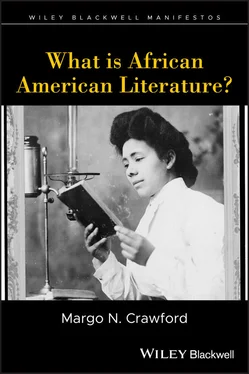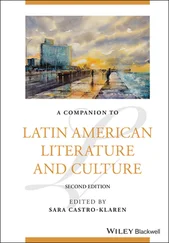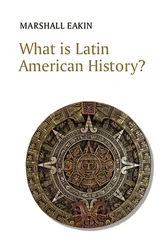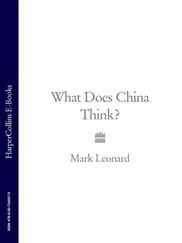Margo N. Crawford - What is African American Literature?
Здесь есть возможность читать онлайн «Margo N. Crawford - What is African American Literature?» — ознакомительный отрывок электронной книги совершенно бесплатно, а после прочтения отрывка купить полную версию. В некоторых случаях можно слушать аудио, скачать через торрент в формате fb2 и присутствует краткое содержание. Жанр: unrecognised, на английском языке. Описание произведения, (предисловие) а так же отзывы посетителей доступны на портале библиотеки ЛибКат.
- Название:What is African American Literature?
- Автор:
- Жанр:
- Год:неизвестен
- ISBN:нет данных
- Рейтинг книги:4 / 5. Голосов: 1
-
Избранное:Добавить в избранное
- Отзывы:
-
Ваша оценка:
What is African American Literature?: краткое содержание, описание и аннотация
Предлагаем к чтению аннотацию, описание, краткое содержание или предисловие (зависит от того, что написал сам автор книги «What is African American Literature?»). Если вы не нашли необходимую информацию о книге — напишите в комментариях, мы постараемся отыскать её.
, Margo N. Crawford delivers
The idea of African American literature may be much more than literature written by authors who identify as «Black».
focuses on feeling as form in order to show that African American literature is an archive of feelings, a tradition of the tension between uncontainable black affect and rigid historical structure. Margo N. Crawford argues that textual production of affect (such as blush, vibration, shiver, twitch, and wink) reveals that African American literature keeps reimagining a black collective nervous system.
Crawford foregrounds the «idea» of African American literature and uncovers the «black feeling world» co-created by writers and readers. Rejecting the notion that there are no formal lines separating African American literature and a broader American literary tradition, Crawford contends that the distinguishing feature of African American literature is a «moodscape» that is as stable as electricity. Presenting a fresh perspective on the affective atmosphere of African American literature, this compelling text frames central questions around the «idea» of African American literature, shows the limits of historicism in explaining the mood of African American literature and addresses textual production in the creation of the African American literary tradition.
Part of the acclaimed
series,
is a significant addition to scholarship in the field. Professors and students of American literature, African American literature, and Black Studies will find this book an invaluable source of fresh perspectives and new insights on America's black literary tradition.












